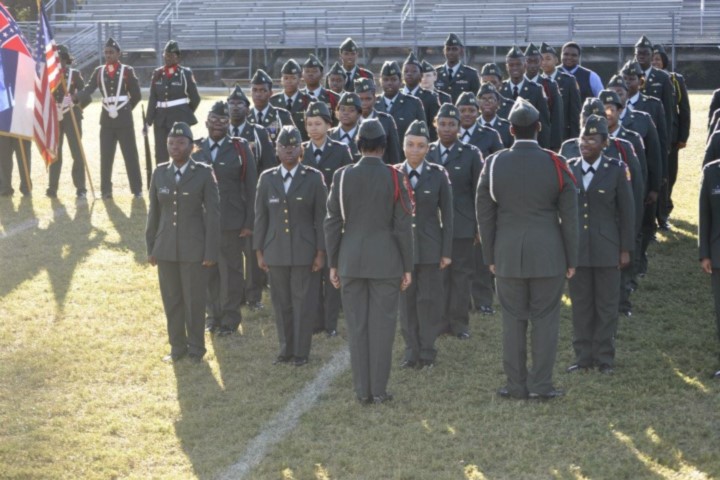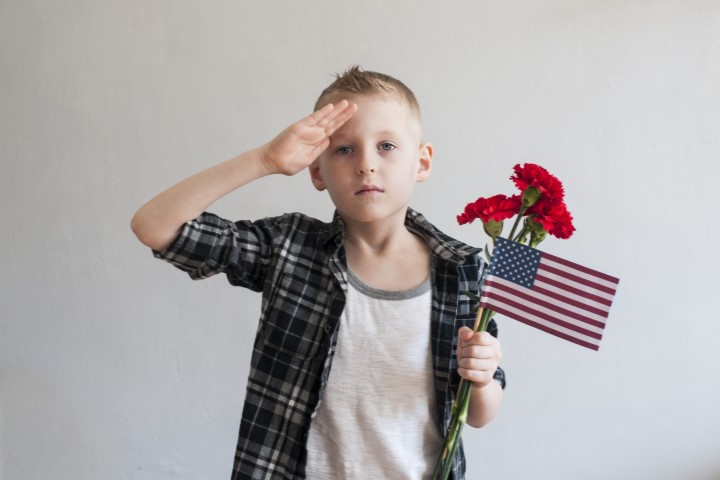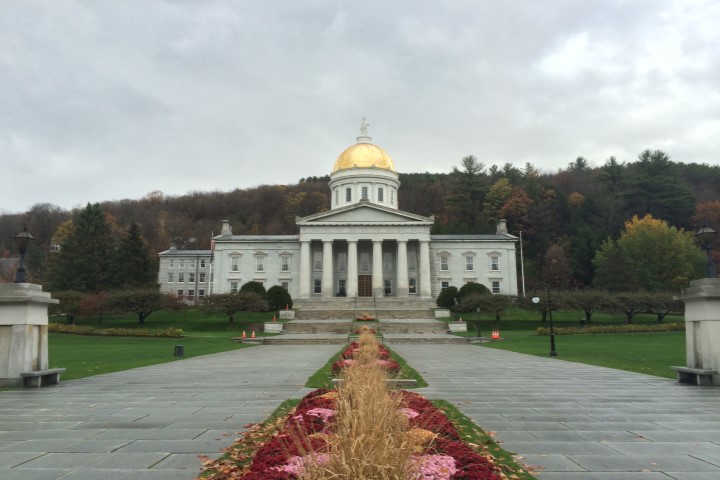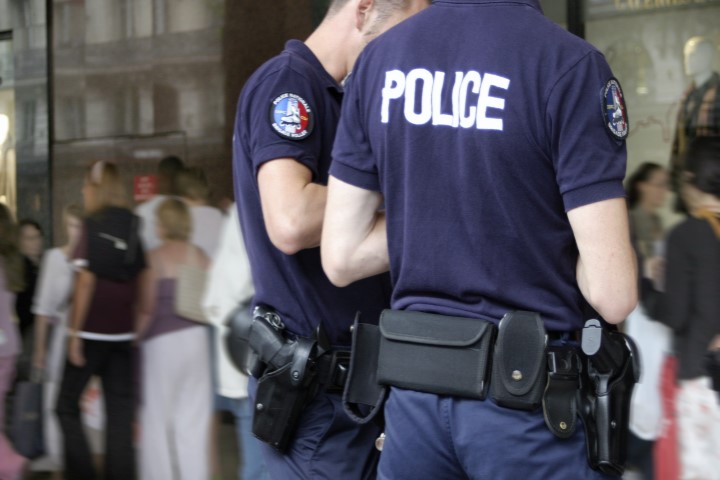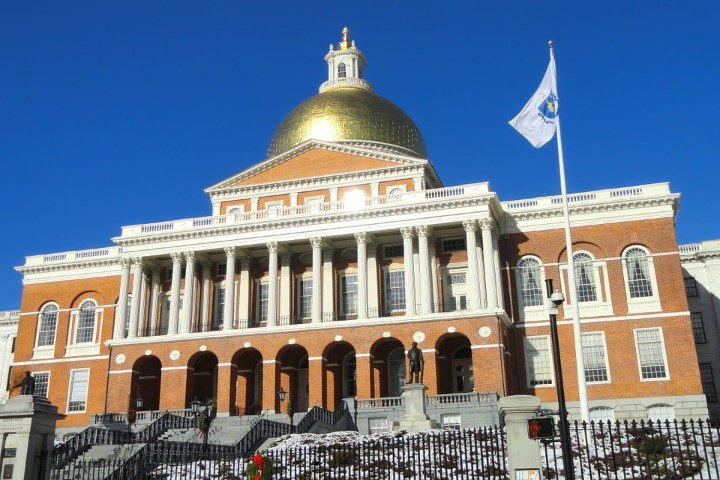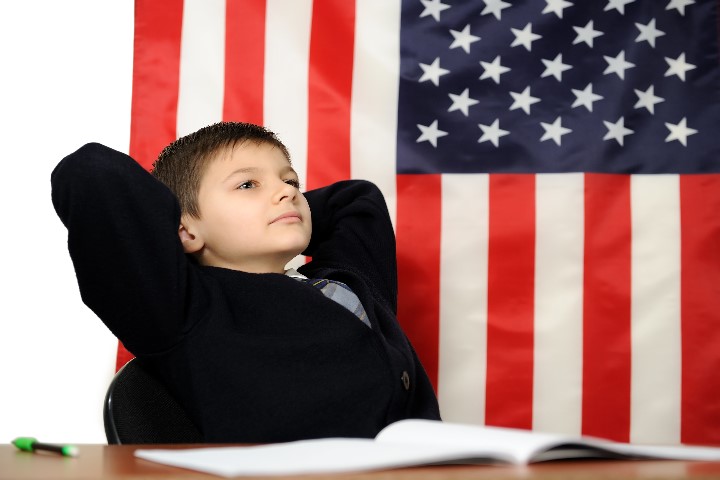Ashby Foote, city councilman in Jackson, Mississippi, is a big fan of the Junior Reserve Officers’ Training Corps, and for good reason.
Foote recently penned an editorial for the Clarion Ledger that offers his take on the program amid a district overhaul designed to reinvent education in Jackson Public Schools, and why he believes district officials should pursue opportunities to expand the Corp’s influence on students.
“ … While new leadership works to reinvent and reinvigorate Jackson Public Schools (JPS), it is worth highlighting an old program within JPS that excels at the highest level – the Junior Officers’ Training Corps. In the critical metric of graduation rates, JROTC achieved 95 percent, far surpassing JPS’ 70 percent, Mississippi’s 83 percent and the national high school rate of 84 percent,” Foote wrote.
“But it doesn’t stop there. JROTC cadets also outperform in daily attendance, grade point average, ACT scores and acceptance to institutions of higher learning.”
Foote explained that JPS’ JROTC program, a staple in the district since 1936, initially started as a means of preparing young men for the possibility of war, but gradually evolved into a program with a laser like focus on citizenship, character development, and successful living after school.
The councilman contends “JROTC’s dramatic outperformance year after year doesn’t happen by chance,” and pointed to the instructors – all retired military with 20 years or more of experience – for offering students something that “goes far beyond education credentials.”
“They bring a can-do, purpose-driven culture that comes with being part of something much bigger than themselves,” Foote wrote. “They bring experiences from lives lived across the world, and in some instances, under the most adverse of conditions. And they bring organizational values including structure, ethics, discipline, accountability, mutual respect and a passion for success.”
The program also offers students “an impressive array of extracurricular programs” each summer, including camps at the Nanotoxicity Computational Chemistry Institute, National Flight Academy at Pensacola Naval Air Station, Mississippi State Engineering/Geosciences STEM Camp, William Carey Health Careers STEM camp, and the Southern Miss Computer Science/Cybersecurity Camp, among other training opportunities.
“JORTC works,” Foote wrote. “It works because it brings the right capabilities and a tough love commitment to critical tasks that are vital to the long-term future of JPS and Jackson.”
Researchers at the Institute of Advanced Studies in Culture at the University of Virginia point to importance of creating “thick” and “dense” moral cultures like the JROTC in “The Content of Their Character,” a summary of research into character education in a wide variety of schools.
Researchers noted that “the source and setting for moral and civic education matter – that the ‘thickness’ of cultural endowments and the ‘density’ of moral community within which those endowments find expression are significant in the formation of personal and public virtue in children.”
Educators looking to delve deeper into character formation, and the virtues promoted by JROTC, can find resources at Virtue Insight. The site is a blog by the UK’s Jubilee Centre for Character and Virtues that more closely examines the virtues that support strong moral character – temperance, courage, justice, and practical wisdom – through the observations of former priest and theologian Thomas Aquinas.
